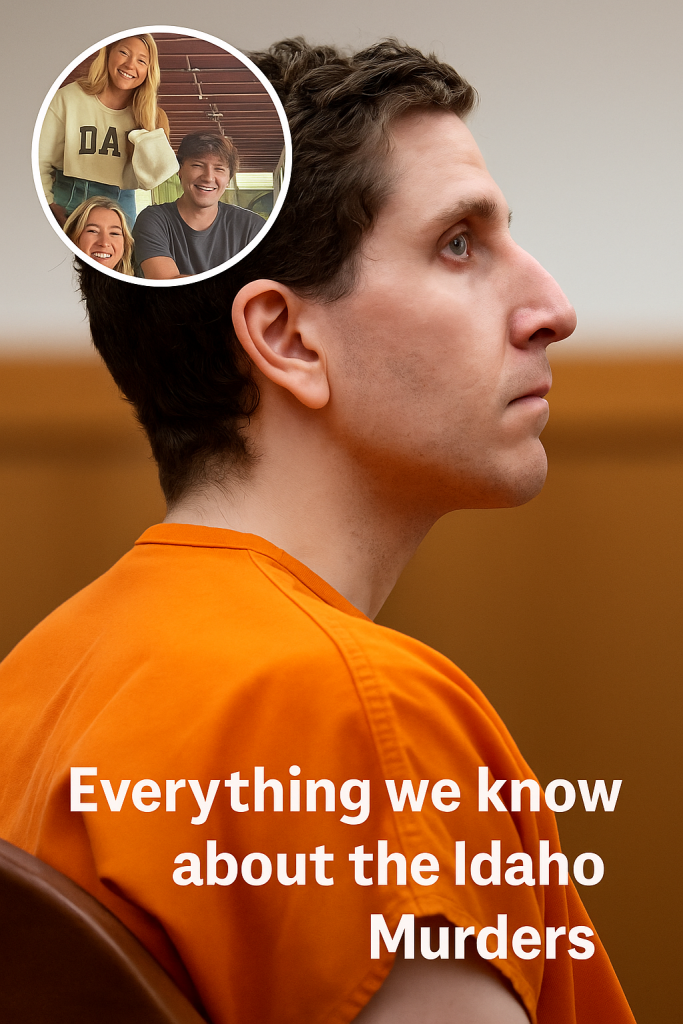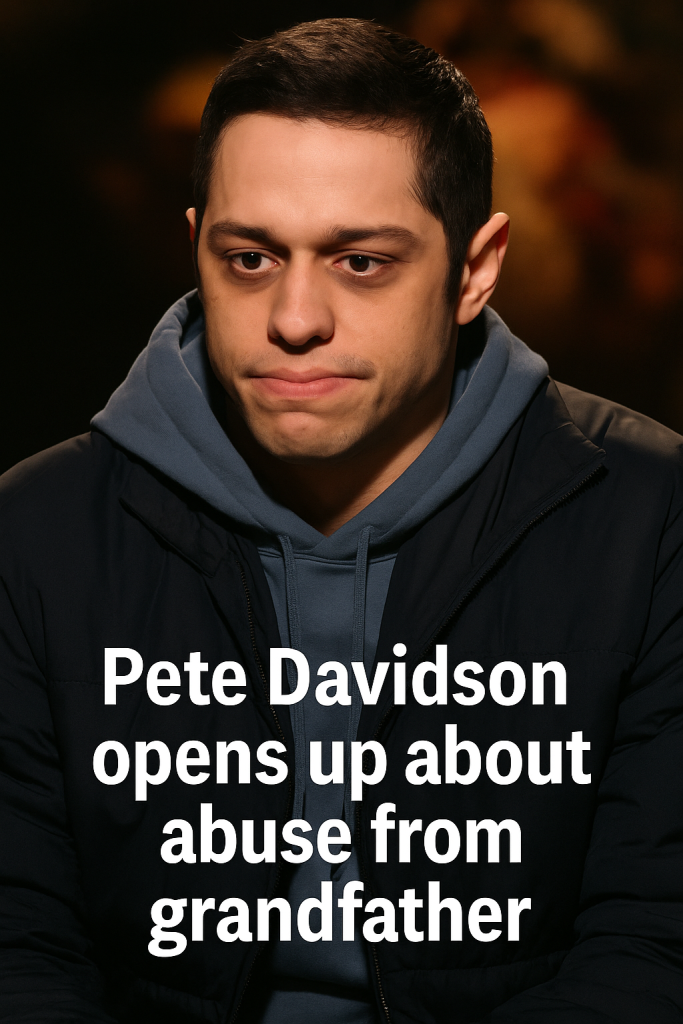A recent plea deal in the high-profile Idaho murder case has ignited a firestorm of anger and disbelief among the victims’ families, who say the agreement falls far short of real justice. The controversial decision by the presiding judge has sparked a wave of public outcry, raising hard questions about the legal process and the balance between expediency and accountability.
The case that shocked Idaho began last year with the brutal murders of multiple individuals in a small Idaho community, a crime that stunned residents and drew national attention. The accused, facing serious charges, was expected to stand trial and potentially receive life sentences or even the death penalty given the severity of the offenses. However, the recent plea deal has dramatically altered that trajectory.
Details of the plea deal remain closely guarded, but sources familiar with the proceedings confirm that it significantly reduces the potential prison time, avoiding a lengthy trial. In exchange, the defendant has pled guilty to some of the charges, but many in the community and especially the families of the victims see this as a sweeping compromise that minimizes the gravity of the crimes committed.
Victims’ families have expressed their deep frustration and heartbreak. “We were promised justice for our loved ones, but this deal feels like a betrayal,” said one family member who spoke on condition of anonymity. “How can healing begin when the consequences don’t truly reflect the pain and loss we endure every day?”
The judge’s decision to approve this plea deal has been met with sharp criticism. Observers and legal experts note that plea bargains are common practice meant to save court time and reduce emotional trauma for victims’ families, but in this case, the scale of the crime and the public interest makes the outcome contentious.
Public reaction on social media has been fierce, with hashtags demanding transparency and harsher sentences trending in the weeks following the agreement. Activist groups advocating for victims’ rights have called for hearings and reviews of the plea deal, arguing it undermines faith in the justice system.
Legal analysts weigh in on the judge’s reasoning, suggesting that the decision may have factored in evidentiary challenges or the defendant’s willingness to cooperate with authorities on other matters. Still, the families see little solace in these justifications.
Meanwhile, local officials have pledged to support the victims and ensure their voices are heard moving forward. Community vigils and forums are being organized to address the gaps in the judicial approach and explore how to improve support for those affected by violent crime.
As the story unfolds, this case highlights the difficult balance courts face between expediency and delivering what victims perceive as true justice. For now, the families remain resolute, demanding that the legal system recognize the full weight of their loss and the magnitude of the crimes committed in their community.
The Idaho murders case serves as a stark reminder that justice is not just about legal outcomes but also about honoring the memories of those lost and restoring faith in the rule of law for those left behind.



